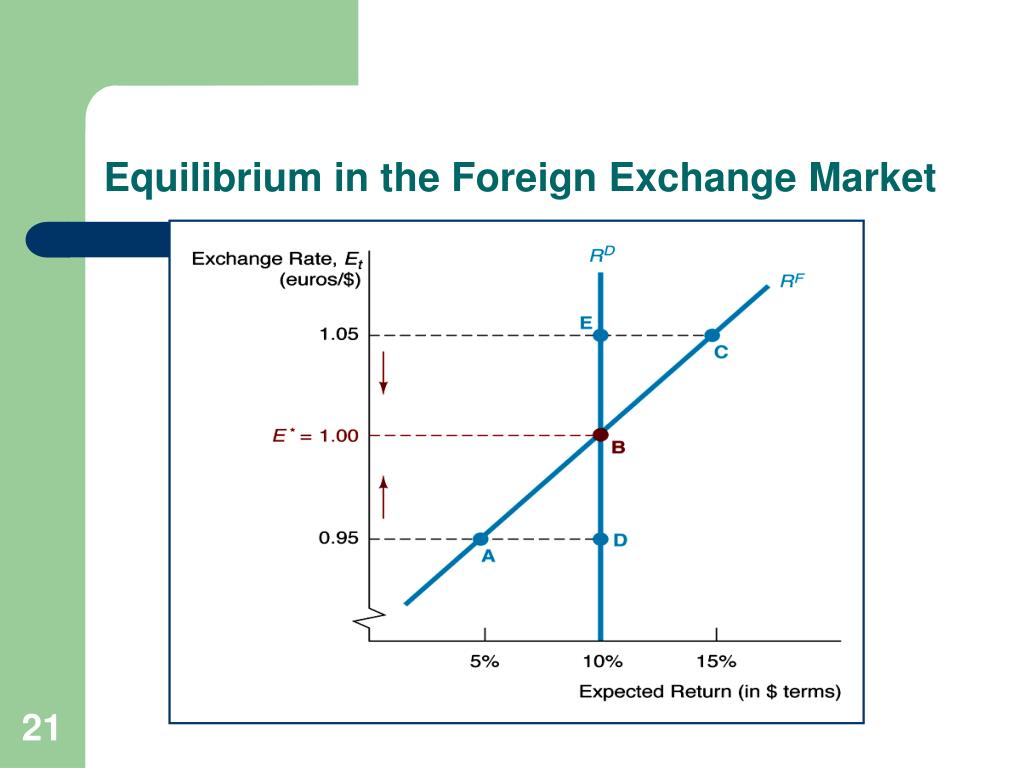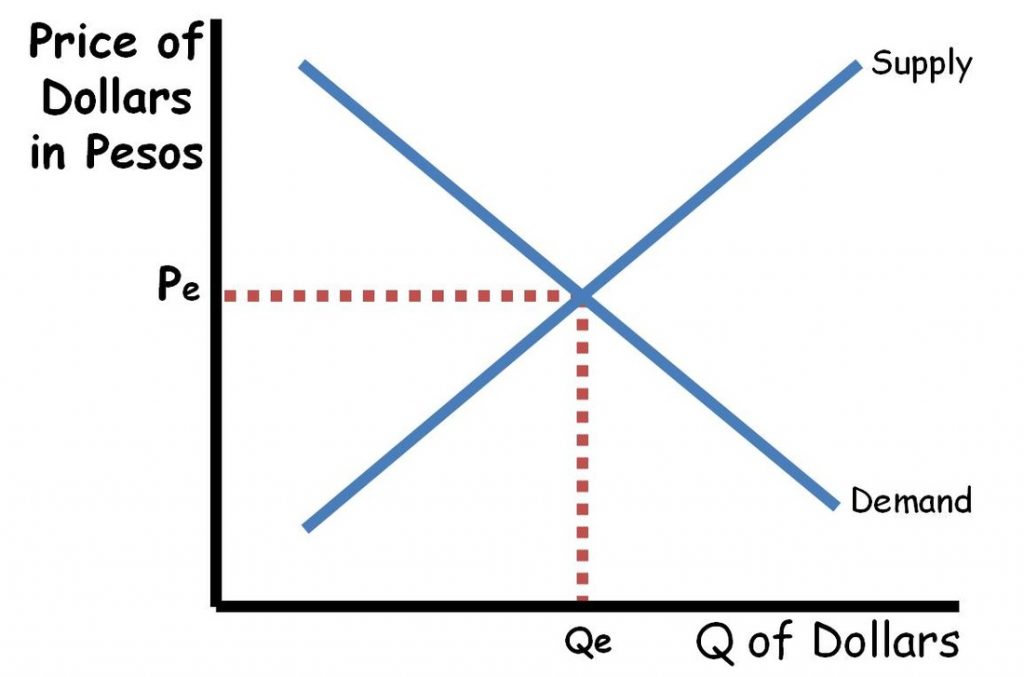Market efficiency and foreign exchange markets are inextricably linked, shaping the dynamics of global currency trading. This article delves into the concept of market efficiency, its implications for forex markets, and the factors that influence its effectiveness. We explore the empirical evidence, regulatory considerations, and practical implications for traders.
Market efficiency refers to the degree to which prices in a market reflect all available information. In efficient markets, prices adjust rapidly to new information, making it difficult to consistently outperform the market. However, market efficiency can vary across different types of markets and assets.
Market Efficiency in Foreign Exchange Markets
Market efficiency is a fundamental concept in economics and finance that refers to the degree to which the prices of assets accurately reflect all available information. In the context of foreign exchange (forex) markets, market efficiency has important implications for traders and investors.
There are three main types of market efficiency: weak, semi-strong, and strong. Weak efficiency implies that current prices reflect all past information, meaning that technical analysis is unlikely to be profitable. Semi-strong efficiency suggests that current prices reflect all publicly available information, making it difficult to outperform the market through fundamental analysis. Strong efficiency indicates that current prices reflect all information, both public and private, making it impossible to consistently outperform the market.
Weak-Form Market Efficiency
The weak-form of market efficiency implies that technical analysis, which involves studying historical price data to predict future prices, is not a profitable strategy in the long run. This is because all past information is already reflected in current prices.
Semi-Strong-Form Market Efficiency
The semi-strong-form of market efficiency suggests that fundamental analysis, which involves analyzing economic data and company financials to identify undervalued or overvalued assets, is also unlikely to lead to consistent outperformance. This is because all publicly available information is already incorporated into current prices.
Strong-Form Market Efficiency, Market efficiency and foreign exchange markets
The strong-form of market efficiency implies that even insiders with access to non-public information cannot consistently outperform the market. This is because any such information would quickly become public, leading to an immediate adjustment in prices.
The level of market efficiency in the forex market is a subject of debate among economists and traders. Some argue that the market is highly efficient, while others believe that there are still opportunities for skilled traders to profit. Regardless of the level of efficiency, it is important for traders to be aware of the implications of market efficiency for their trading strategies.
Check what professionals state about foreign exchange market risk example and its benefits for the industry.
Factors Affecting Market Efficiency in Foreign Exchange Markets

Market efficiency in the foreign exchange market can be influenced by various factors. These factors impact the market’s ability to accurately reflect the underlying value of currencies and facilitate efficient trading.
Liquidity
Liquidity refers to the ease with which currencies can be bought and sold without significantly impacting their prices. High liquidity promotes market efficiency by allowing traders to enter and exit positions quickly and at minimal cost. It ensures that the market can absorb large orders without substantial price fluctuations.
Obtain a comprehensive document about the application of the psychology of the foreign exchange market pdf that is effective.
Transparency
Transparency pertains to the availability and accessibility of information about currency prices, trading volumes, and market participants. High transparency enhances market efficiency by reducing information asymmetry and promoting fair competition. Traders can make informed decisions based on accurate and timely information, leading to more efficient price discovery.
Information Asymmetry
Information asymmetry occurs when some market participants have access to information that others do not. This can lead to inefficiencies as traders with superior information can take advantage of those with less information. Reducing information asymmetry through increased transparency and timely disclosure of relevant information can improve market efficiency.
Implications of Market Efficiency for Foreign Exchange Traders

Market efficiency has profound implications for foreign exchange traders. Understanding the concept of market efficiency allows traders to develop effective trading strategies and adapt them to different market conditions.
Traders can use their knowledge of market efficiency to identify trading opportunities and make informed decisions. They can also use this knowledge to manage their risk and avoid costly mistakes.
Adapting Trading Strategies to Market Efficiency
The level of market efficiency can vary over time, and traders need to adapt their trading strategies accordingly. In highly efficient markets, it may be difficult to find profitable trading opportunities, and traders may need to focus on short-term trading strategies.
In less efficient markets, there may be more opportunities for profitable trading, and traders may be able to use longer-term trading strategies. However, traders need to be aware of the risks involved in trading in less efficient markets.
Investigate the pros of accepting foreign exchange market trading books in your business strategies.
Empirical Evidence on Market Efficiency in Foreign Exchange Markets
Empirical evidence suggests that foreign exchange markets exhibit varying degrees of market efficiency, depending on factors such as currency pair, market conditions, and time period. Studies have examined the efficiency of different currency pairs, including major currencies (e.g., EUR/USD, USD/JPY) and emerging market currencies (e.g., BRL/USD, INR/USD).
Research has found that major currency pairs tend to be more efficient than emerging market currency pairs. This is attributed to the higher liquidity and greater participation of market participants in major currency pairs, leading to faster price discovery and a reduction in arbitrage opportunities.
Impact of Market Conditions
Market conditions can also affect market efficiency. During periods of high volatility and uncertainty, markets may become less efficient as traders become more risk-averse and liquidity decreases. This can lead to wider bid-ask spreads and slower price adjustments, making it more difficult for traders to profit from market inefficiencies.
Implications for Forex Traders
The level of market efficiency in foreign exchange markets has implications for forex traders. In highly efficient markets, it can be challenging to identify and exploit trading opportunities due to the rapid incorporation of new information into prices. Traders may need to focus on short-term strategies, such as scalping or news trading, to capture small price movements.
In less efficient markets, traders may have more opportunities to identify and profit from market inefficiencies. However, they should be aware of the increased risks associated with trading in less liquid markets, such as wider spreads and potential liquidity traps.
Market Efficiency and Foreign Exchange Market Regulation: Market Efficiency And Foreign Exchange Markets
Market efficiency and foreign exchange market regulation are closely intertwined. Regulators play a crucial role in promoting market efficiency by establishing rules and enforcing standards that ensure fair and orderly trading.
Role of Regulators
Regulators can use their powers to:
- Set and enforce rules governing trading practices, such as insider trading and market manipulation.
- Monitor market activity and investigate potential misconduct.
- Impose sanctions on violators, including fines, suspensions, and even criminal charges.
Regulatory Measures
Examples of regulatory measures that have been implemented to improve market efficiency in the forex market include:
- Over-the-counter (OTC) market reforms: Regulators have implemented measures to increase transparency and reduce systemic risk in the OTC forex market, such as requiring standardized contracts and central clearing.
- Retail forex regulation: Regulators have introduced measures to protect retail forex traders, such as limiting leverage and requiring brokers to provide risk warnings.
- Cross-border cooperation: Regulators from different jurisdictions have collaborated to address global regulatory issues, such as money laundering and terrorist financing.
By implementing these measures, regulators aim to create a fair and efficient trading environment that protects investors and promotes market stability.
Last Word
Understanding market efficiency is crucial for forex traders. By adapting their strategies to different levels of efficiency, traders can improve their chances of success. Regulators also play a vital role in promoting market efficiency and protecting investors through measures such as transparency regulations and market surveillance.
As the foreign exchange market continues to evolve, the concept of market efficiency will remain central to understanding its dynamics. By staying informed about the latest research and regulatory developments, traders and market participants can navigate the complexities of the forex market and make informed decisions.
